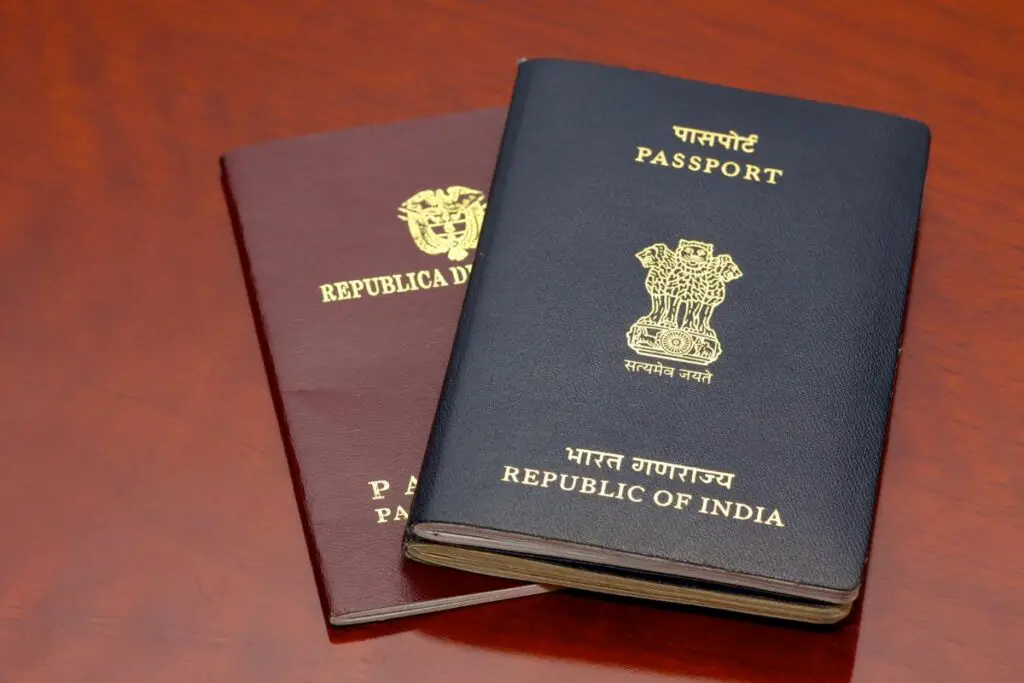Attending an examination like the IELTS requires extensive study as well as a thorough understanding of the examination’s other criteria. Among them, the most important would be the documents that a candidate is required to bring for the examination.
A valid passport is a fundamental necessity for taking the IELTS exam because it is the sole form of identification accepted by the examination authorities.Candidates have to provide information as per their passport and the same will appear in their score card.

During the registration process of the IELTS examination, you should keep four factors in mind:
1. No passport, No test policy
Both the British Council and IDP, the licensed IELTS examination conducting bodies, have a policy in place that requires all applicants to bring their original valid passport, a copy of which was supplied with the application, to the speaking, listening, reading, and writing tests. If the candidate does not bring their original passport on the day of the test, they will be denied entry to the test.
2. Documents to be uploaded
When you register for the IELTS exam, you must provide a copy of the first and last pages of your passport. Keep in mind that your passport must be valid at the time of registration and must be valid until the date of the exam, since you will be asked to carry your original passport while attending the examination. The authorities will not allow you to sit for the examination if your passport expires on or before the date of the examination.
3. Document for speaking test
The speaking test will take place on a different day than the listening, reading, and writing tests. You must bring your original passport as identification for the speaking test as well. Before entering the interview room, an invigilator will check and verify your ID, and the examiner will check it again right before your speaking test begins. Once the examiner completes the verification they will return your passport.
4. There are no photo upload requirements.
You are not expected to bring passport-size photographs to the examination. During the authentication procedure, the document verification officer will capture your live photograph. For the speaking session too, the invigilator who checks your documents will take your photograph for confirmation of identity. This photograph will be included in your test report form.
Is any other form of identification permitted for IELTS?
A passport is a mandatory requirement to take the IELTS exam in all Asian nations, including India, as well as in countries such as Australia, New Zealand, Canada, and the United Kingdom. However, several European Union countries accept their National Identity Proof (European Union ID card) for registering for the IELTS exam.
A valid Swiss, Norwegian, Icelandic, or Liechtenstein ID card is allowed fo citizens of nations such as Switzerland, Norway, and Iceland. A valid Biometric Residence Permit is also accepted in several countries. If you do not have a valid passport, it is important to inquire with the relevant exam center about the documents that they accept.
Conclusion
The most significant and only document required for attending the IELTS examination is a passport. If you have made or plan to make any changes to your passport during the registration and examination process, remember to notify the test center because if any information mentioned during the upload of documents differs from the original ID you bring to the test day, you will not be allowed to sit for the examination.

